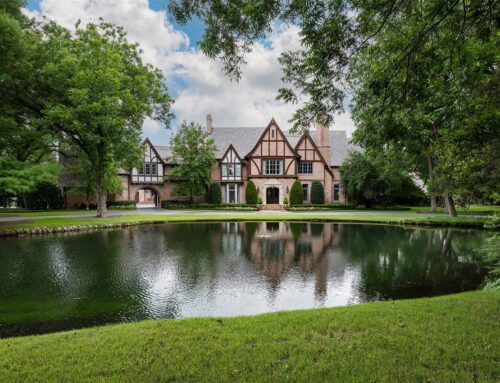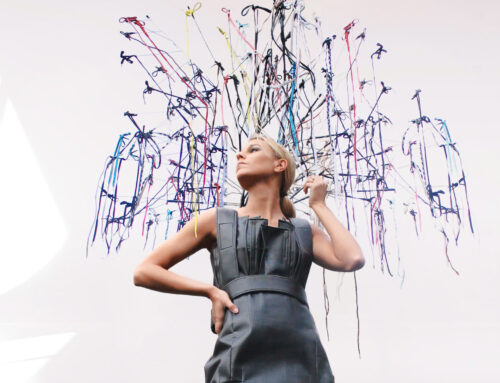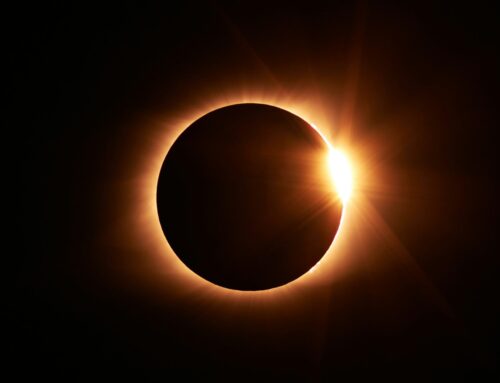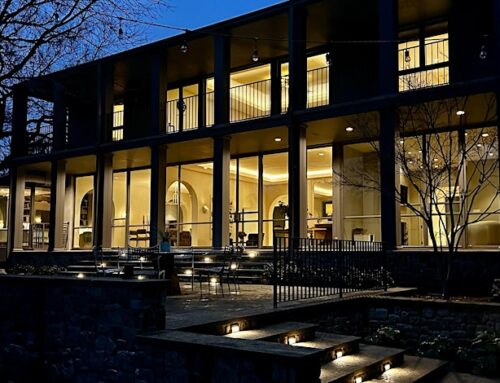Every autumn, I reflect on how fortunate I am to have my mother. I think of her at other times of the year, too, and count my blessings. But the season of the Susan G. Komen Race For The Cure poignantly reminds me of how vulnerable I am to losing her.
My mom is a two-time breast cancer survivor, and she and my family live with the reality that her disease could return and have fatal consequences. We believe that she will live a long life and pass away from old age, as her breast cancer-surviving mother and mother-in-law did, but they only faced the disease once, and my mom’s battle with breast cancer seems more ominous because of its reappearance.
On October 18, Preston Hollow once more hosts the Komen race, the largest fundraiser for breast cancer research and education programs. This year, more than 35,000 women, men, and children are expected to participate in the race that starts and finishes at
A few years ago, I attended a wedding in
The bride, her mother and the groom’s mother were avid sponsors of the local Komen chapter, so they registered every female wedding guest for the race and asked us all to participate with them. Early on the morning of her wedding day, in spite of a late celebration the night before, the bride and her female guests assembled at the starting line, wearing running shorts, T-shirts and white tulle veils. We were touched by the young bride’s willingness to spend the morning of such an important day raising money for a disease that affects thousands of women every year.
Though I had volunteered many times in support capacities for the
Their high spirits and festive attitudes reminded all of us that this race celebrates not only life and victory over cancer, but also the tenacity of women and the vitality of their friendships. These women aren’t just supporting the fight against cancer; they are supporting the bonds that women have for each other. I was overwhelmed with emotion for the women who raced beside me and strangers on the sidelines who celebrated our achievement with us.
Survivors, for easier recognition, race in pink hats with large pink race numbers pinned to their shirts. They encounter thunderous roars and cheers from the sidelines and from the race participants themselves, as these women are a symbol of the life after cancer that we all aspire to. Each time I passed those pink-garbed survivors, tears crowded my eyes, as I pictured my mom in their shoes. They were a living presence that reassured me that my mom would make it, too.






